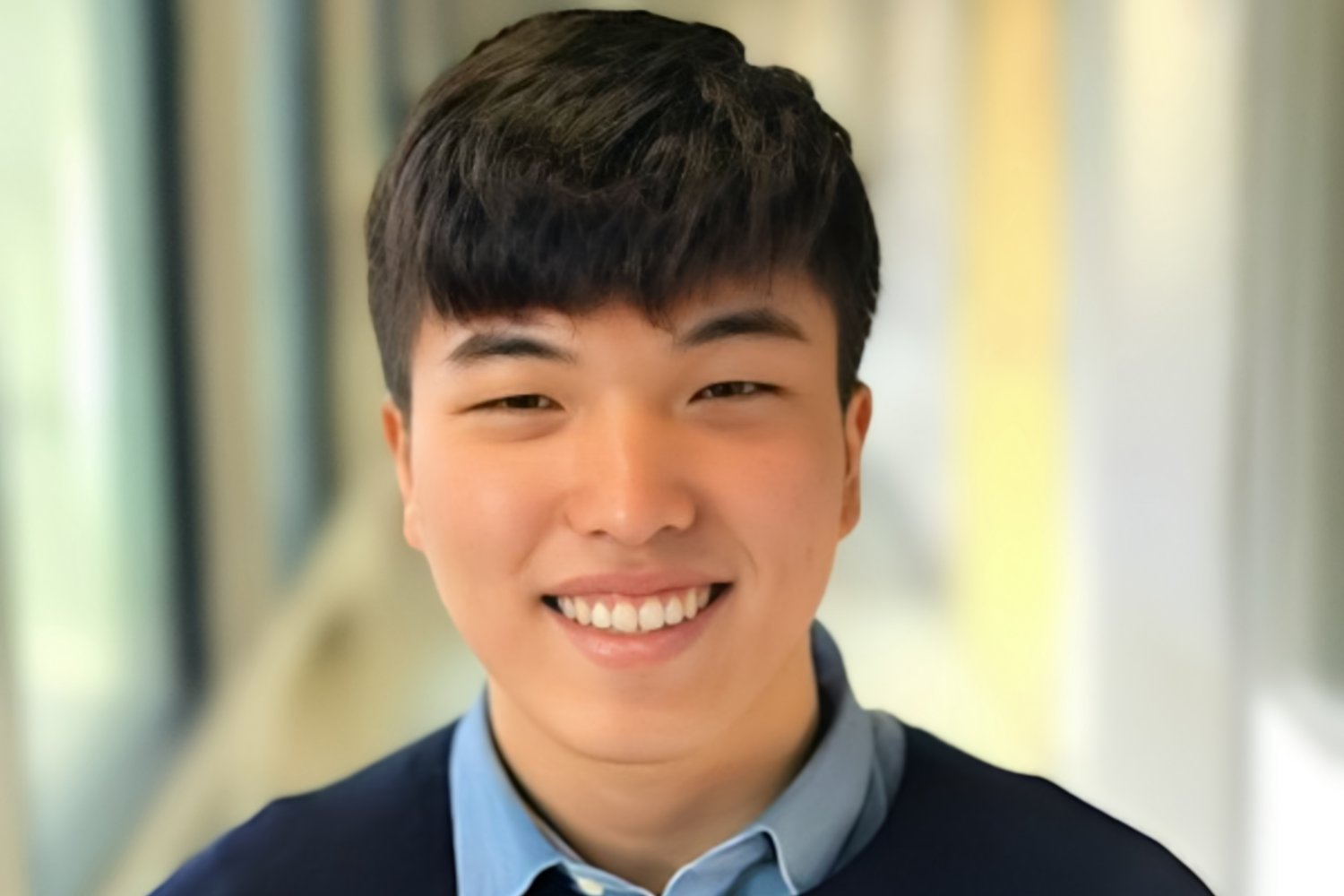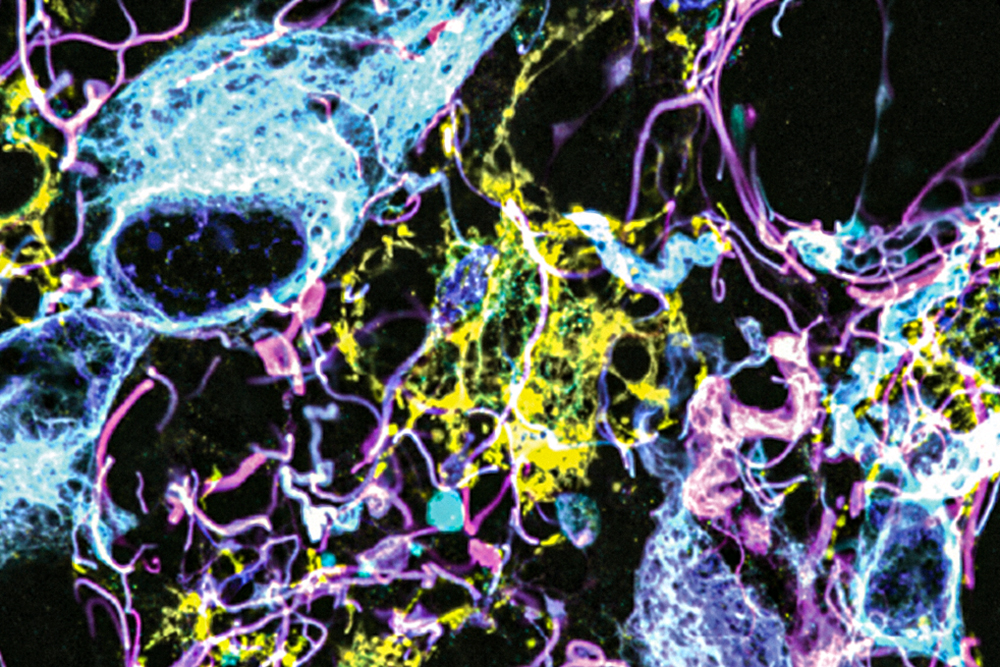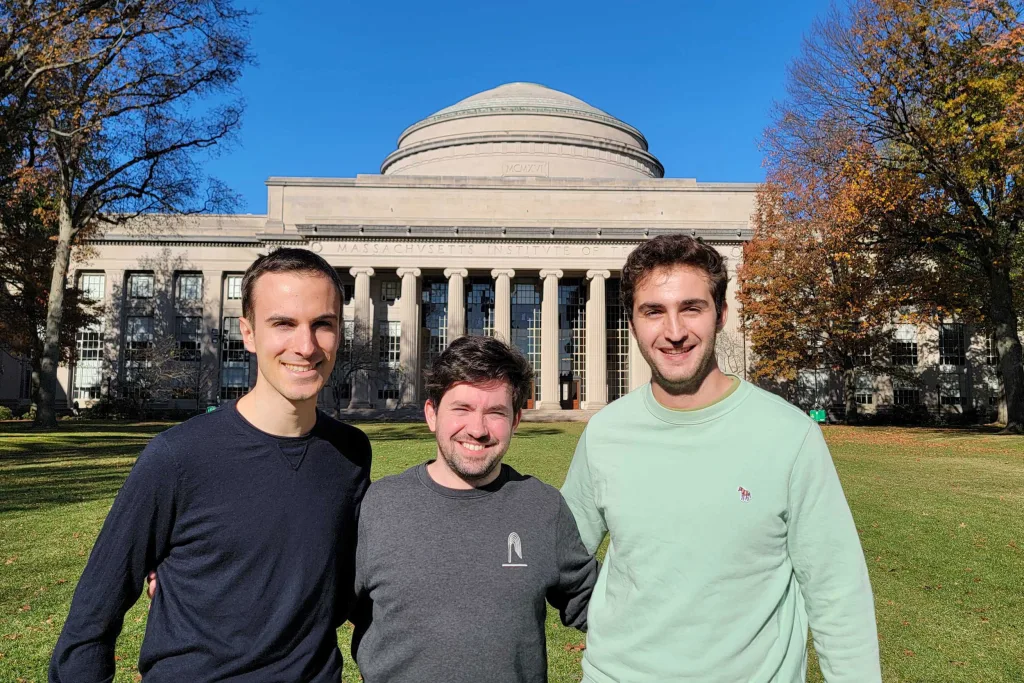When Hanjun Lee first stepped onto the MIT campus, he intended to dive into the world of chemistry, specifically aiming for Course 5. However, he was quickly surprised by the depth and intrigue of biology, an area he had previously associated with dull memorization.
This perception shifted dramatically after he enrolled in 7.03 (Genetics), a course led by the distinguished Aviv Regev, now serving as the executive vice president of research and early development at Genentech, alongside Peter Reddien, an esteemed professor of biology at the Whitehead Institute for Biomedical Research. Lee found that while his friends from other institutions didn’t point to a single course that shifted their academic paths, he was far from alone in his choice to follow Course 7 due to the notable impact of 7.03.
“Genetics wields a unique influence within MIT’s biology department, a legacy deeply embedded in genetics research that shapes how the course is delivered,” Lee shares. “Biology fosters logic, scientific reasoning, and the art of asking the right questions.”
Several years later, as a teaching assistant for 7.002 (Fundamentals of Experimental Molecular Biology), Lee grew to appreciate the immense dedication that MIT biology faculty display in delivering their courses.
“The effort MIT professors put into teaching is truly commendable,” he reflects. “As a TA, you gain insight into the elegance of their organization — it reveals the intricate beauty of studying and recognizing patterns in nature.”
A Turning Point
Lee’s ambition to attend MIT wasn’t rooted in a childhood dream. Instead, it sparked after he represented South Korea at the 49th International Chemistry Olympiad, where he won a gold medal in 2017. During this experience, he conversed with MIT alumni and aspiring students, over half of whom went on to enroll — Lee included.
“Until that moment, MIT felt like a mythical institution,” Lee recalls. “Hearing diverse stories from people with varied backgrounds unified by a passion for science was life-changing.”
At that time, Lee was pursuing a six-year undergraduate medical program in Korea, which promised a stable medical career. Opting for MIT meant altering his career trajectory and leaving behind friends and family.
Initially, his parents were hesitant about his choice, compelling Lee to navigate the application process independently. He laughs as he recounts waking at 3 a.m. to travel to South Korea’s sole SAT testing site. In just three months, he compiled his application, with MIT as his only U.S. choice.
Though Lee arrived in Cambridge, Massachusetts, in 2018, he only managed one semester before heading back to Korea for two years of mandatory military service.
“During my military tenure, I aimed to read extensively to identify my scientific interests. I found myself captivated by cancer biology, driven by papers authored by MIT faculty,” Lee notes.
Return to MIT
Upon returning to MIT, Lee seized every opportunity to engage with faculty and discuss their research. He joined the MIT Undergraduate Research Journal, giving him a platform to interview professors. He discovered that most MIT faculty members welcome communication from students.
In addition, Lee reached out to Michael Lawrence, an assistant professor of pathology at Harvard Medical School and assistant geneticist at Mass General Cancer Center. They discussed a preprint concerning APOBEC, an enzyme he’d previously studied at Seoul National University. Lawrence’s lab explores APOBEC’s role in cancer evolution and drug resistance.
“Hanjun’s scientific abilities have truly astonished me since he joined my lab. His maturity and accomplishments are exceptional for an undergraduate,” Lawrence acknowledges.
Lee’s research has yielded significant discoveries from genomic data, contributing to publications in Molecular Cell and Nature Genetics. The latter article unveiled the source of background noise in chromosome conformation capture experiments, a vital technique for chromatin analysis.
Lawrence believes Lee is on a path toward greatness in science, while Lee has gained a deep understanding of the hard work involved in these scientific milestones.
“Research is rewarding but also emphasizes that science largely thrives on failures. It’s these setbacks that guide us toward success,” Lee reflects.
Broadening Horizons
Lee believes that to excel in any field, one must possess a comprehensive understanding of the entire discipline. His advice to budding scientists is to explore courses outside their primary research focus. He emphasizes the importance of viewing peers as collaborators rather than competitors, highlighting that each individual’s journey is unique.
“Your MIT experience is shaped by collaborations with others,” Lee advises. “These interactions significantly influence your path.”
For his outstanding achievements, Lee was recently honored as an American Association for Cancer Research Undergraduate Scholar. Last year, he also presented at the Gordon Research Conference on Cell Growth and Proliferation about his research on the retinoblastoma gene product RB. Furthermore, he was recognized as one of the 2024 Biology Undergraduate Award Winners, receiving the Salvador E. Luria Prize for exceptional scholarship and publication-quality research.
Buoyed by positive feedback from his teaching assistant role, Lee aspires to inspire future students through his teaching. He has recently decided to pursue a PhD in cancer biology at Harvard Medical School while keeping his interests diverse.
“I’m eager to explore various fields within biology,” he says. “There are countless questions I yearn to find answers to.”
While his parents were initially uncertain about his MIT aspirations, they now take immense pride in being MIT parents and plan to visit Cambridge in May to celebrate Lee’s graduation.
“My journey here has allowed them to witness my transformation,” he shares. “I may not consider myself a great scientist yet, but I now have a clearer understanding of what it takes to become one.”
Photo credit & article inspired by: Massachusetts Institute of Technology



